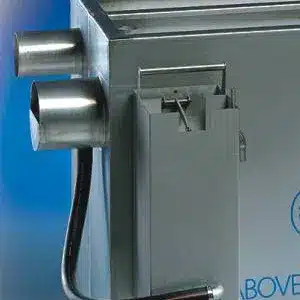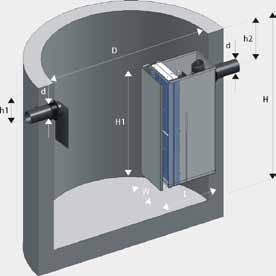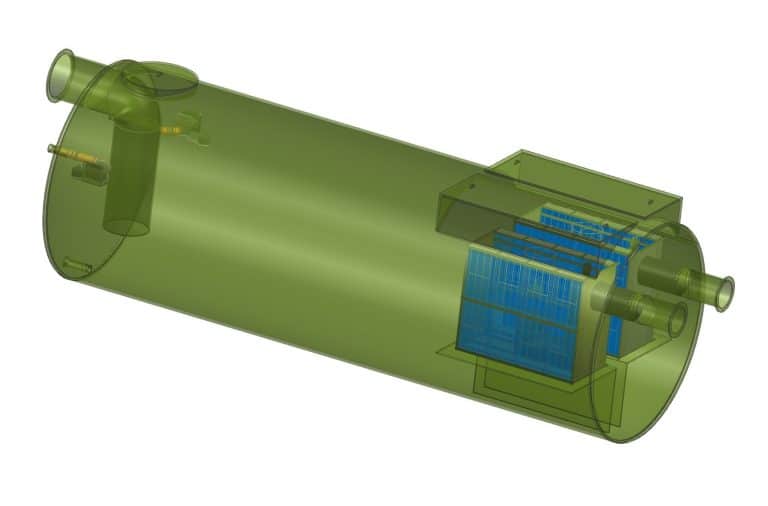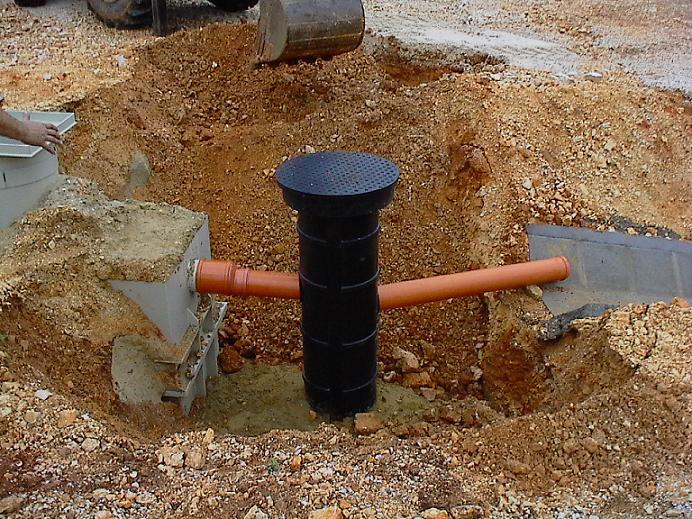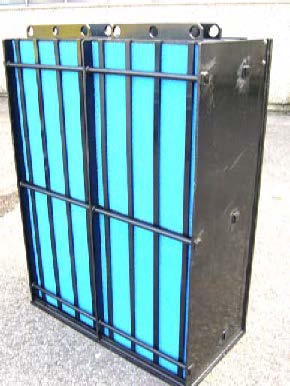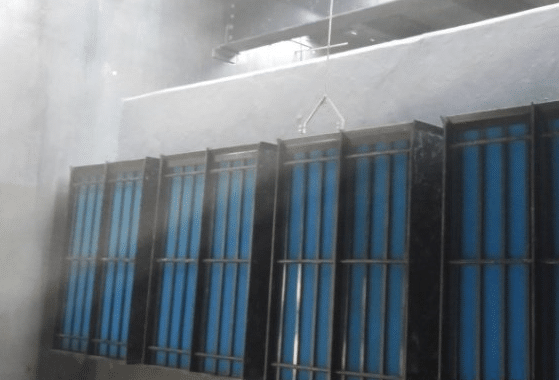Is your business harming Rhode Island’s clean waters? Rhode Island OWS Manufacturers are tackling this big issue. They make top-notch oil water separators (OWS) to keep our waters safe from pollution.
In Rhode Island, keeping our waters clean is key. OWS technology is a big part of that. These systems are key in protecting our environment, from busy shipyards to big industrial areas.
Rhode Island’s OWS makers are more than just making gear. They’re creating solutions that fit the state’s tough environmental rules. Their advanced separators are key in cleaning wastewater, making sure our ecosystems stay healthy.
Key Takeaways
- Freytech Inc. Rhode Island OWS manufacturers lead in environmental protection technology
- Oil water separators are crucial for maintaining water quality in the Ocean State
- OWS systems are widely used across various Rhode Island industries
- Advanced separation technology meets strict state environmental standards
- Rhode Island manufacturers prioritize innovation in OWS design
Introduction to Oil Water Separators (OWS) in Rhode Island
Rhode Island is dedicated to keeping its environment and water clean. It shows this through strict rules and new ways to handle wastewater. Oil Water Separators are key in these efforts, helping keep our water clean.
The importance of OWS in environmental protection
OWS technology is vital for removing oil and other pollutants from water. These systems stop pollution in Rhode Island’s waters, saving marine life and keeping the state beautiful. By separating oil from water, OWS help a lot in protecting the environment.
Rhode Island’s commitment to water quality
The state’s Department of Environmental Management (DEM) runs the Onsite Wastewater Treatment System Program. This program makes sure wastewater systems, like OWS, follow strict rules. It aims to protect public health and the environment while helping Rhode Island residents.
Overview of OWS technology and applications
OWS technology is used in many areas in Rhode Island. It’s important for marine, coastal, industrial, and commercial uses. Cities also use OWS for treating wastewater, making sure it’s safe for the environment.
Rhode Island OWS Manufacturers: Industry Leaders
Rhode Island is home to top OWS manufacturers leading in wastewater treatment innovation. These leaders are key in creating advanced oil water separators. They meet the state’s high environmental standards.
Rhode Island’s OWS manufacturers are known for making high-quality separators. These separators remove oil from water well. They serve industries like marine, industrial, and municipal.
These companies focus on research and development to stay ahead. They improve their products to help businesses and cities get better wastewater treatment. This meets strict rules.
The success of these manufacturers comes from knowing local environmental issues well. They make solutions that fit specific customer needs. This expertise and customization make them leaders in wastewater treatment.
Regulatory Framework for OWS in Rhode Island
Rhode Island is serious about clean water. It has strong rules for oil water separators (OWS). These rules make sure these systems are installed and used right.
DEM Onsite Wastewater Treatment System Program
The OWTS Program is a big part of keeping Rhode Island’s environment safe. It manages permits for septic systems all over the state. Its goal is to keep our water clean and safe.
Permit Requirements and Processes
Getting an OWS permit in Rhode Island means going through a few steps. First, a site check makes sure the place is good. Then, experts look over the system’s design. Finally, inspectors check it during setup. These steps make sure the OWS meets state rules.
Compliance with Standards
Rhode Island’s OWS rules follow both state and federal laws. The state sets rules for how close systems can be to water. It also controls cesspools under the Rhode Island Cesspool Act of 2007. Following these rules is a must for all OWS in the state.
Advanced Technologies in Rhode Island OWS Manufacturing
Rhode Island OWS manufacturers lead in innovation, pushing OWS technology forward. They invest a lot in research and development. This creates new solutions for water treatment challenges.
Enhanced coalescing is a big step forward in OWS technology. It greatly improves how well systems separate. Rhode Island-made separators can now remove oil particles down to 5 parts per million (PPM). This is better than the North American limit of 10 PPM.
But they don’t stop there. Some Rhode Island companies have made systems that can handle tough contamination. These advanced separators can remove trace amounts of emulsified oil. They achieve an amazing 0.1 PPM separation efficiency.
These new technologies make Rhode Island a top name in the OWS industry. By always improving separation efficiency, these manufacturers help industries meet and beat environmental standards. They also protect our valuable water resources.
Applications of OWS Systems in Rhode Island Industries
OWS systems in Rhode Island play a big role in protecting the state’s water. They are key for keeping environmental standards up in many industries.
Marine and Coastal Uses
Rhode Island’s long coastline gets a lot of help from OWS systems for coastal protection. These devices clean the water in ports, marinas, and offshore places by removing oil. Boats and ships use OWS to treat their bilge water before letting it go, keeping the coast healthy.
Industrial and Commercial Applications
OWS systems are also vital for treating industrial wastewater in Rhode Island. Factories, car shops, and food processing places use them to clean their wastewater. This way, they keep harmful oils and greases out of the environment and follow strict state rules.
Municipal Wastewater Treatment
Rhode Island’s city water treatment plants use OWS technology too. These systems take out oil and grease from city runoff and sewage. This makes the treated water cleaner before it goes back into nature. It’s key for keeping rivers and groundwater clean in the state.
Freytech Inc.: A Leading OWS Manufacturer
Freytech Inc. is a top name in Rhode Island for oil water separators. They are known for their advanced solutions to water treatment issues.
Company Overview and Expertise
Freytech Inc. has a lot of experience. They make high-performance oil water separators for many industries. Their systems can handle various hydrocarbons, like motor oil and jet fuel.
Enhanced Coalescing Technology
The key to Freytech’s success is their enhanced coalescing technology. This technology ensures better separation of oil and water. It leads to cleaner water and more efficient oil recovery.
Separation Efficiency and Discharge Standards
Freytech Inc. aims for the highest separation efficiency. Their systems often beat North American discharge standards. Some models can separate emulsified oil down to 0.1 PPM.
This high performance helps meet strict environmental laws. By picking Freytech Inc., Rhode Island businesses get access to the best oil water separation technology. Their systems are reliable and meet or beat industry standards for water quality and protecting the environment.
Choosing the Right OWS for Your Rhode Island Project
Choosing the right oil water separator (OWS) is crucial for your Rhode Island project. You must consider its use, the water cleaning level needed, and if it meets state standards. Finding the right OWS is essential for effective wastewater treatment.
In Rhode Island, many projects require special OWS systems. These can be for boats, factories, or towns. Each project has unique needs, so it’s important to find an OWS that matches those needs. Consulting with companies that specialize in these systems can help you make the right choice.
It’s also wise to contact the DEM OWTS Program. They are experts on water cleaning rules in Rhode Island. Working with them ensures your OWS meets all requirements and keeps the water clean. This is crucial for all projects dealing with wastewater in Rhode Island.
These separators are crucial in storm water systems. They process runoff to meet the US EPA’s Clean Water Act standards. With effective oily water treatment, facilities protect the environment and dodge big fines.

